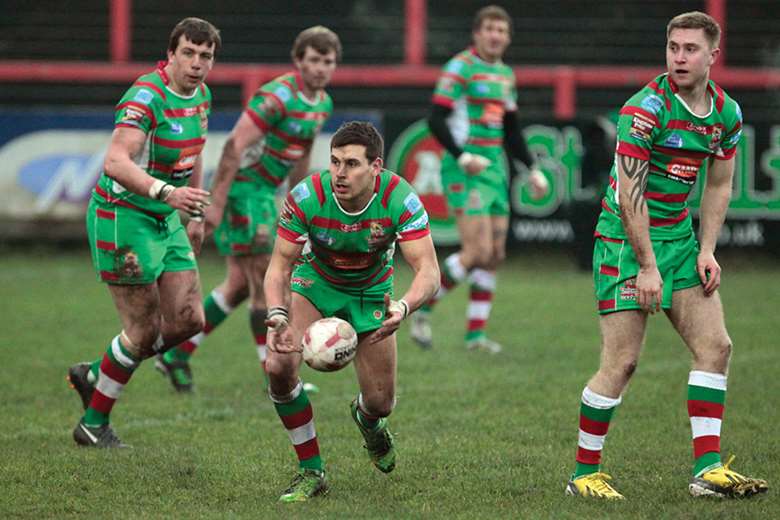How positive expectations cut young people's offending behaviour
Jo Stephenson
Tuesday, March 18, 2014
Sports programme leads to drop in antisocial behaviour and offending among participants.

PROJECT
Your Sporting Chance
PURPOSE
To break the cycle of youth offending
FUNDING
Costs £125,000 a year to run and is mainly funded by social landlord Incommunities. Most recently the scheme was awarded £16,000 over two years from Sported
BACKGROUND
In 2009, the community arm of Keighley Cougars rugby club started running street activities for young people funded by Yorkshire-based social landlord Incommunities. Such was the success of the scheme that an independent social enterprise, Your Sporting Chance, was set up in 2010 and has continued to evolve. It now targets young people already involved in crime or antisocial behaviour, those on the margins of society, and those with family circumstances that may put them at risk.
ACTION
The scheme harnesses the power of sport and local role models to engage young people. Two of its youth workers – Brendon Rawlins and James Feather – are professional rugby league players. "In a small town like ours these guys are seen as heroes and can have quite an impact on young people," explains project manager Mary Calvert.
The project is increasingly working with younger lads, including some as young as eight up to about 15, in order to step in early and reach them before their challenging behaviour gets out of control. The vast majority are classed as tier four - a vulnerable child with acute or highly complex needs – with many subject to child protection plans. "What we're trying to do is build a trusting relationship with them so that after three or four weeks they stop lying to us," says Calvert. "By building that relationship and getting to know them, we then try to give them life skills and opportunities."
Young people get the chance to take part in activities such as museum trips, fishing, metal detecting, and sports and learn skills such as cooking healthy food. "We found that what they want more than anything is having your company and your interest rather than, say an expensive trip to Alton Towers," says Calvert, who admits many experience little or no parenting at home. "We do things they have missed out on in their childhood."
Being consistent, enforcing boundaries and having positive expectations of the young people help them go on to achieve. "We make them feel safe and it may be the first time they have ever felt safe," says Calvert. The two rugby players demonstrate that success on the pitch – and in life – depends on qualities like dedication, discipline, motivation, commitment and teamwork.
Referrals come from neighbourhood housing officers, police and neighbourhood policing teams, social services and education and the project has started working with the Families First scheme. There are currently 45 young people on the scheme's books and workers try to spend some time with each one of them every week. Participants are encouraged to stay in school or alternative education provision and their attendance is monitored informally by ensuring workers are familiar with each young person's timetable.
Calvert says one of the biggest challenges is the young people's lack of empathy and poor inter-personal skills and seeing these develop over time is one of the rewards. "On a recent trip to Blackpool they wanted to take something back for their mums," says Calvert. "That may not seem like anything but for this group that was a big difference."
OUTCOME
Involvement in Your Sporting Chance has led to reductions in antisocial behaviour and offending among participants. For example, for one group of 20 young men who were involved in its "Winners" scheme, reported incidents of antisocial and offending behaviour across the group dropped from 21 in August to September 2011 to just four over the same period in 2012. The number of arrests dropped from four in total to none. Based on official figures, the project estimates that for each young person it helps keep out of the criminal justice system it saves at least £166,462 over nine years from age 14 to 23.
If you think your project is worthy of inclusion, email supporting data to ravi.chandiramani@markallengroup.com




